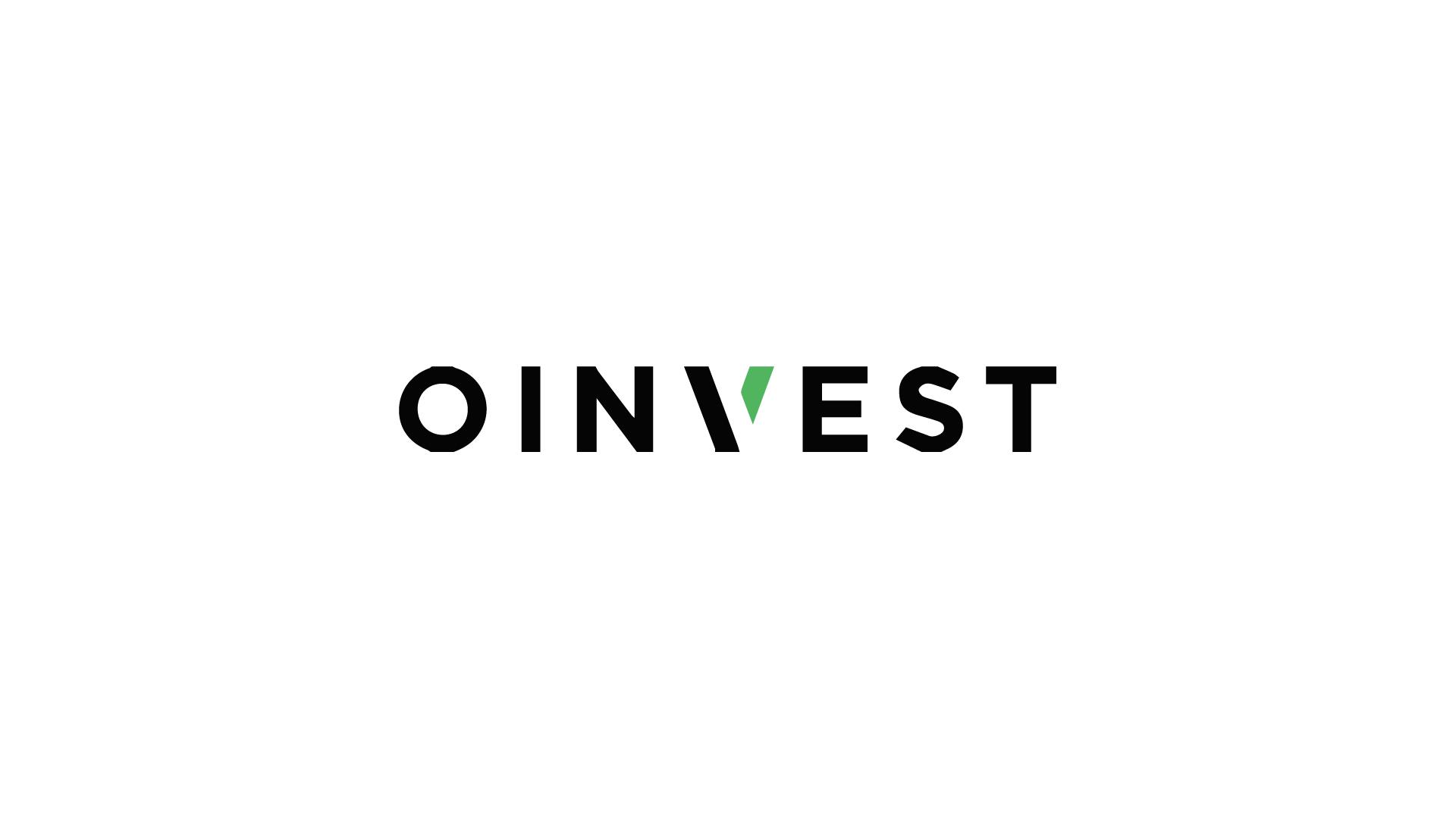It is no secret that the countries on the African continent are not the most economically strong countries in the world. With some of their countries having single-digit billions in GDP, it is doubtless that the countries on the African continent still have a lot of economic challenges to go through.
However, as it may be a surprise to many, Forex trading is actually in a really good spot in Africa. In fact, it is one of the regions where Forex trading is growing on a really rapid scale. The reason for this is that with the advancements of technology making everything much more accessible to everybody, more and more people are now seeing Forex trading as a legitimate way to earn additional income, and possibly even as a ticket out of poverty.
With such a rapidly-increasing interest from so many people who are joining the trading market with such frequency, it, of course, becomes much more important to make sure that these people are adequately informed on all the important details regarding safety, security, and overall right strategy of how to reach success as a Forex trader.
This is exactly why we wrote guides to almost all the African countries where Forex trading is on a rise. If you are interested in getting started with Forex trading in Africa, you need to arm yourself with the knowledge of at least the bare minimum that is required to keep yourself safe. Check out the list below, choose your country, and start educating yourself on how it all works so you can start setting yourself up for success right from the get-go!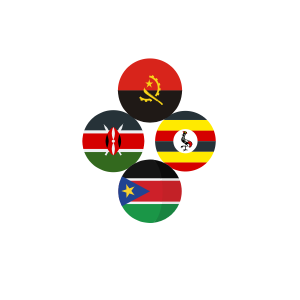
Top Forex brokers in Africa
As mentioned, with the constantly-growing interest of Forex trading in Africa, there are now more brokers in Africa than ever before. Considering that there is such a high quantity of brokers to choose from, it can definitely be a bit of a hassle for an average beginner who doesn’t know what to look out for.
Below is a list that we compiled after conducting hours upon hours of research, and brought to ether all the best Forex brokers available on the African continent. No matter what specific type of a Forex broker you are looking for, you can be sure that you will find it in the list below!
XM
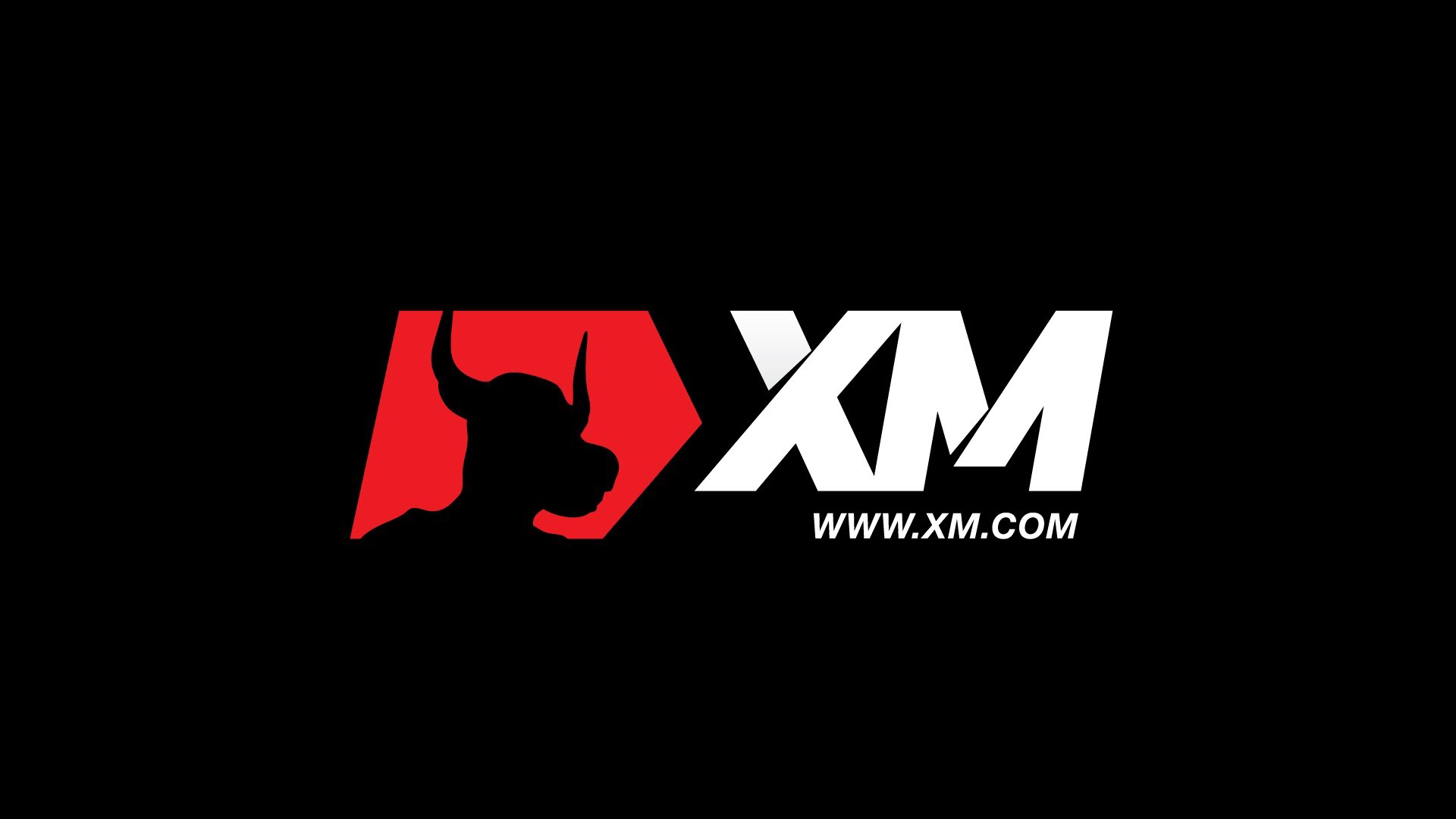

Min. Depo
$5

Licences
FCA, CySEC, IFSC, ASIC, DFSA

Leverage
1:888

Platforms
MT4, MT5, WebTrader
AvaTrade


Min. Depo
100 USD

Licences
ASIC, FSA, FSCA, FFAJ, FSRA, FSC

Leverage
400:1

Platforms
MT4, MT5
Exness
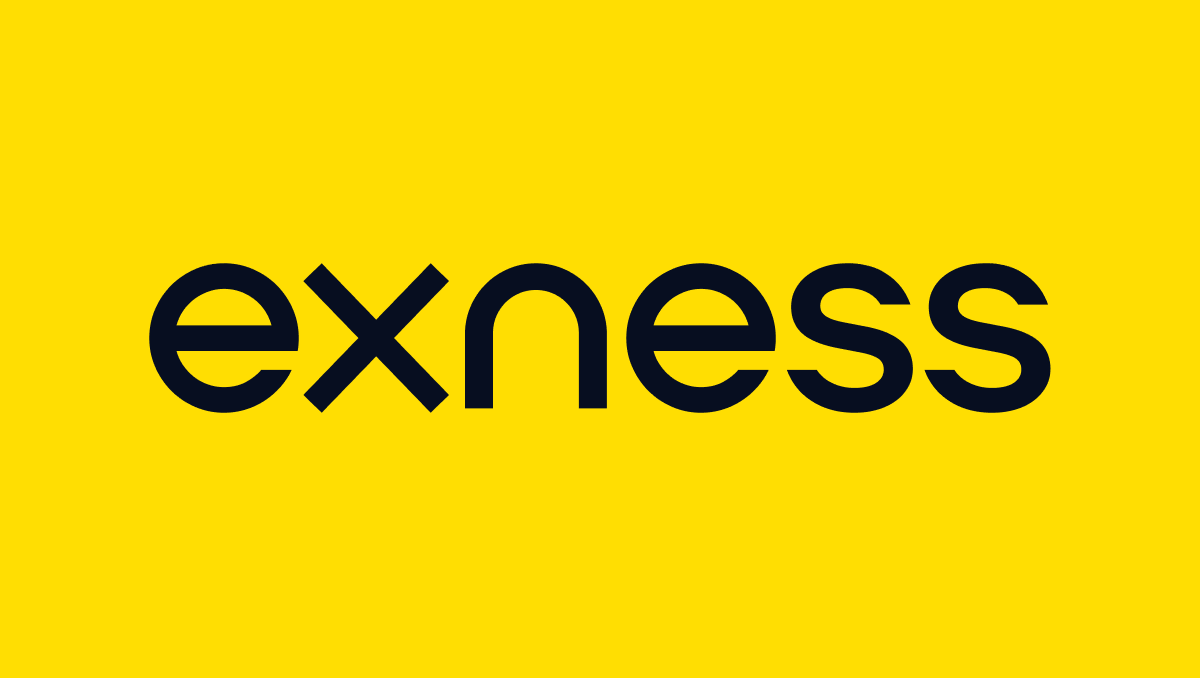

Min. Depo
$10

Licences
CySEC, FCA, SFSA

Leverage
1:2000

Platforms
MT4, MT5
Deriv
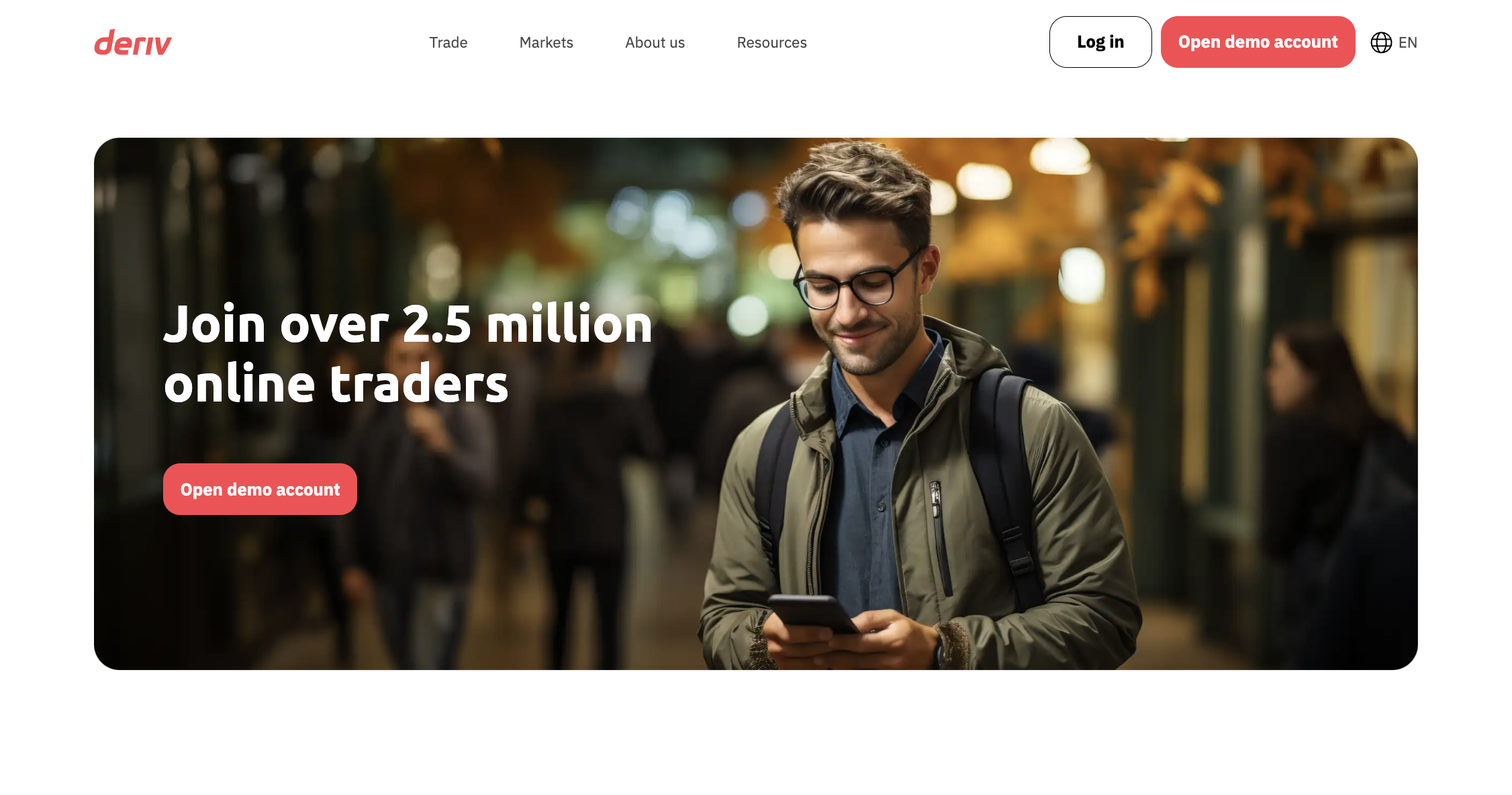

Min. Depo
$5 (e-wallets), $10 (bank cards)

Licences
Labuan FSA, BVI FSC, VU FSC

Leverage
1:500

Platforms
MetaTrader 5, cTrader
Forex trading in Africa – guide by country
Below, you will find the list of all the African countries whose Forex environments we have reviewed to date. No matter what your skill level, knowledge or experience is, you can be sure that you will find some very useful information down below; including things like regulations and laws that are in place, the economic context of the country and the opportunities that it offers, advantages and disadvantages, and much more.
Forex regulations in Africa
Forex regulations are one of the most, if not THE most, important things to consider if you are concerned with your safety and security when involved with Forex trading. The reason is that there is always a high possibility of danger in the market, whether that be through the deliberate malpractice of a broker, or due to simple ignorance of the ways of the market. Whatever the cause, these regulations and regulatory bodies themselves can often be the only thing that can act as a ‘saving grace”.
In Africa’s case, its regulatory environment – or lack thereof – has long been one of the leading causes for the market not being as advanced and actualized as it could be. For many years, the African Forex market was plagued with fraud and scammers, with the key reason being the lack of a regulatory environment. The thing is, when Forex trading was still in its state of infancy – which was the case for quite a long time – the regulatory environment simply couldn’t have developed.
As such, controlling or preventing these fraudulent schemes and scams was next to impossible. This is why many African countries decided that a definite change was long overdue and finally started taking action on that front.
After many years of trial and error, the difference and progress are huge, and the African markets are now in a significantly better position. Sure, there is still a lot of work to be done, as many of the countries still, to this day, lack an effective and coherent regulatory framework, with Uganda being a good example. While the difference between its past and the current state is night and day, it still leaves a lot to be desired.
On the other hand, countries like South Africa have made some truly amazing progress thanks to their great regulatory bodies like FSCA (Financial Sector Conduct Authority), who are single-handedly responsible for providing much of the progress that these markets have shown. These authorities have made this progress possible by implementing effective, innovative, and bold measures in form of various laws, regulations, restrictions, and guidelines, all of which have held central importance in taking the market to where it is today. Let’s take a look at these standards, so you can get a better idea as to what the actual Forex environment is like in Africa.
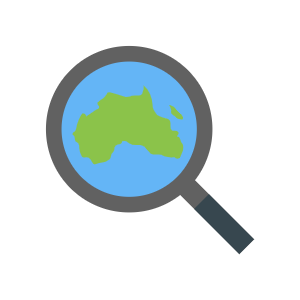 Forex licensing in Africa
Forex licensing in Africa
Of course, each and every country on the African continent has their own process regarding the application, obtainment, and maintenance of a broker’s license. With that being said, as we’ll learn below, it is more or less the same. For the brokers to receive a license of the curse, there are certain conditions that they have to meet, which will demonstrate that they’re worthy of eligibility of the license.
Now, one thing that we would like to note is that you will commonly find yourself in a scenario where your broker may not be locally-licensed in your country. This is perfectly fine and is very common not only in African countries but all around the world as well. For international brokers that work in so many countries at the same time, it would be pretty much impossible to get a license for ALL the countries they work in.
Due to this, most countries allow the foreign-based brokers to work on their territory as well, provided that they satisfy some key indicators of safety and trustworthiness. As long as your broker is licensed with some major regulator that is known around the world, then it is highly likely that they will be allowed to operate in your country as well, even if they’re not locally-licensed. A great example of this is CySEC, which is a regulator based in Cyprus and is commonly preferred by many brokers due to their favorable tax and regulatory conditions. Due to the MiFID laws, if a broker is licensed with CySEC, they can also legally operate in any other EU country.
While this obviously doesn’t apply to Africa, you will still often see many international brokers with regulators such as CySEC operating there, and most governments have no problems with that, and actually encourage it, as in many cases, these respectable regulators can actually do a better job than the locally-based regulators who are still in the process of growing and developing. Additionally, many countries in Africa require that the brokers use the services of “introductory brokers” anyways, so there is still at least some degree of control.
Now, let’s discuss what are some of the practices and standards that the licensed and regulated brokers in Africa are required to follow.
Leverage restrictions
For most of the Forex regulators, leverage is one of the most important and subjects to take into consideration. The reason is that it is quite a risky instrument. While it has the potential to bring huge amounts of profit to people who don’t even have a lot of capital, it can also be a cause of a lot of financial damage for many people, especially beginners who don’t know how to correctly utilize it. Due to this, like many other regulators around the world, Africa-based Forex regulators have imposed some restrictions on how leverage can be used.
The standard that you may encounter most commonly around different Forex environments in the world is 30:1, which is especially common in the European countries, due to the ESMA guidelines. However, with the African regulators, you may more regularly see the 50:1 leverage limit, which is higher than many other places in the world. Actually, with the African Forex markets, you may sometimes even encounter leverage limits of a much higher caliber, such as 500:1, or even more.
However, if you go with a broker that is licensed with a well-known and reputable regulator such as CySEC or FCA, this is quite unlikely. You should also always remember, that while high leverage may be quite tempting, it is still quite a risky instrument, and unless you’re absolutely sure of your skills, knowledge, and experience, it is advisable to steer clear from using high leverage unless you’re competent enough to do so.
Account segregation
When trading in most African countries, a common practice that you can expect there which greatly boosts your safety is the practice of account segregation, which makes it mandatory for the brokers to keep your funds in a segregated bank account, which is an account that will be different from the one where the broker keeps their own operating capital.
This gives you safety in many different ways. As an example, if your broker does something illegal and their account is confiscated or frozen, then your funds will be unaffected and kept away in a separate account. This also protects you in case your broker goes bankrupt or reaches the state of insolvency in any other way.
To sum this up, account segregation is a great practice that significantly boosts your safety. If you are looking for a very safe trading experience where you can spend as little time worrying about your funds and investments, always make sure that you are dealing with brokers that are registered in jurisdictions that require this.
Our verdict on the African Forex market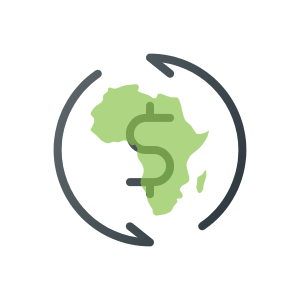
Although the countries of the African continent are not the most prosperous and economically advanced, their interest and motivation for Forex trading can not be denied. The economies of these countries are still very much developing, and so does the involvement of their citizens in Forex trading. As such, African countries are quickly becoming a more popular investment destination for many international companies and investors.
This, of course, means that on top of the great investment opportunities these countries currently provide, it is likely that there will be much more. Thanks to the very committed effort of the local regulators in place, as well as ever-growing interest by the public, the African Forex market can only go higher and higher!


